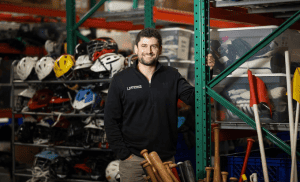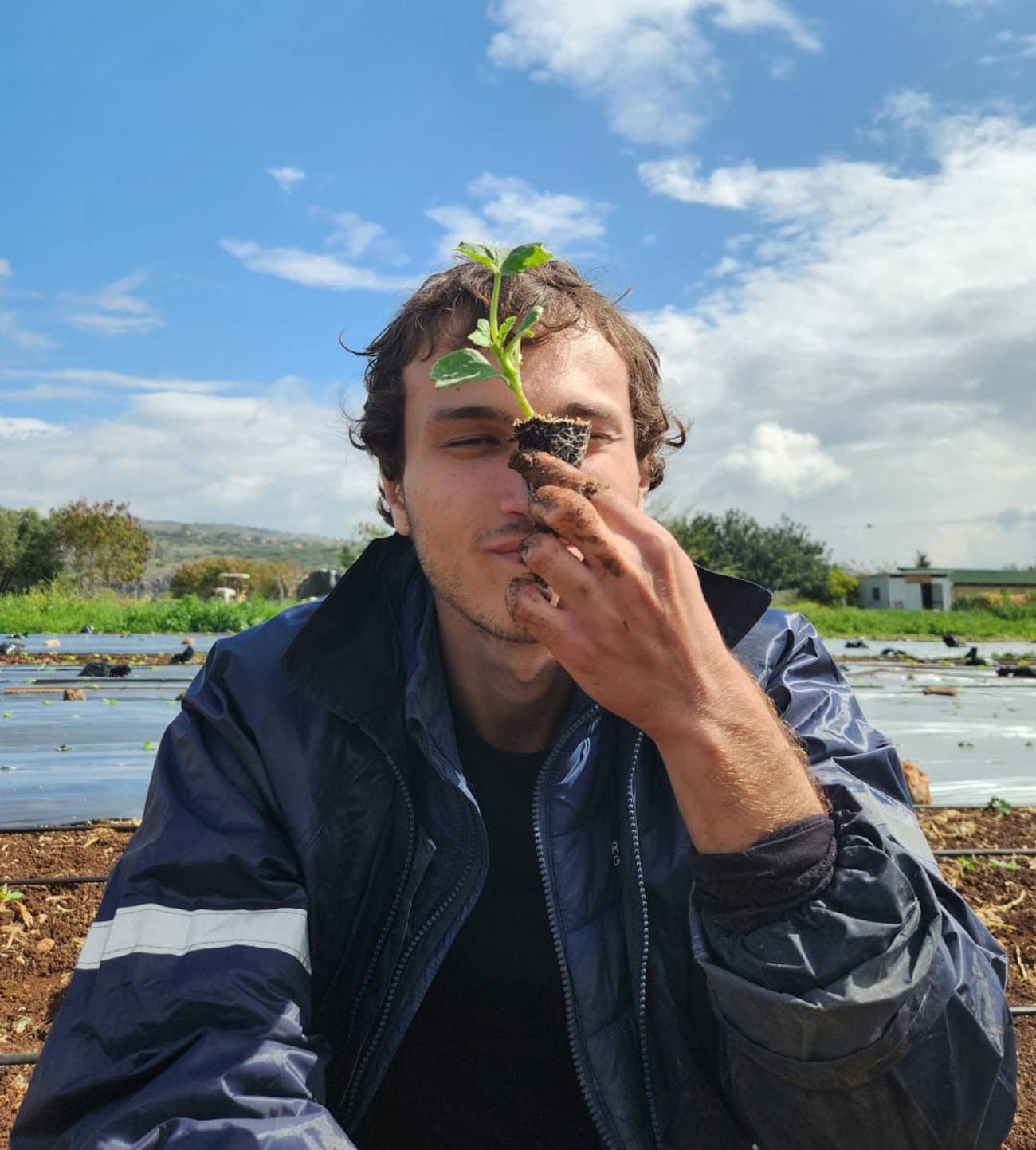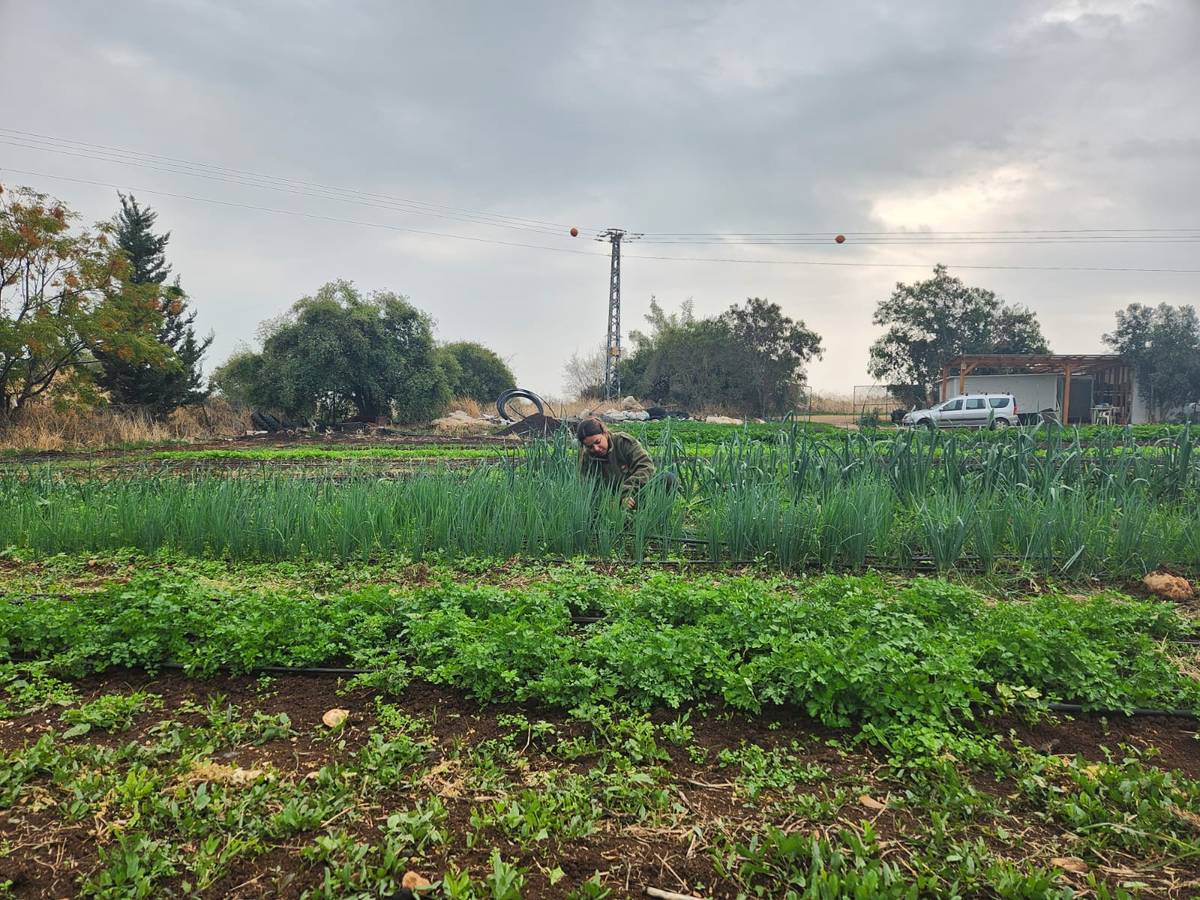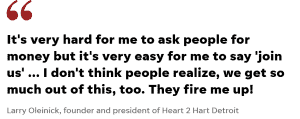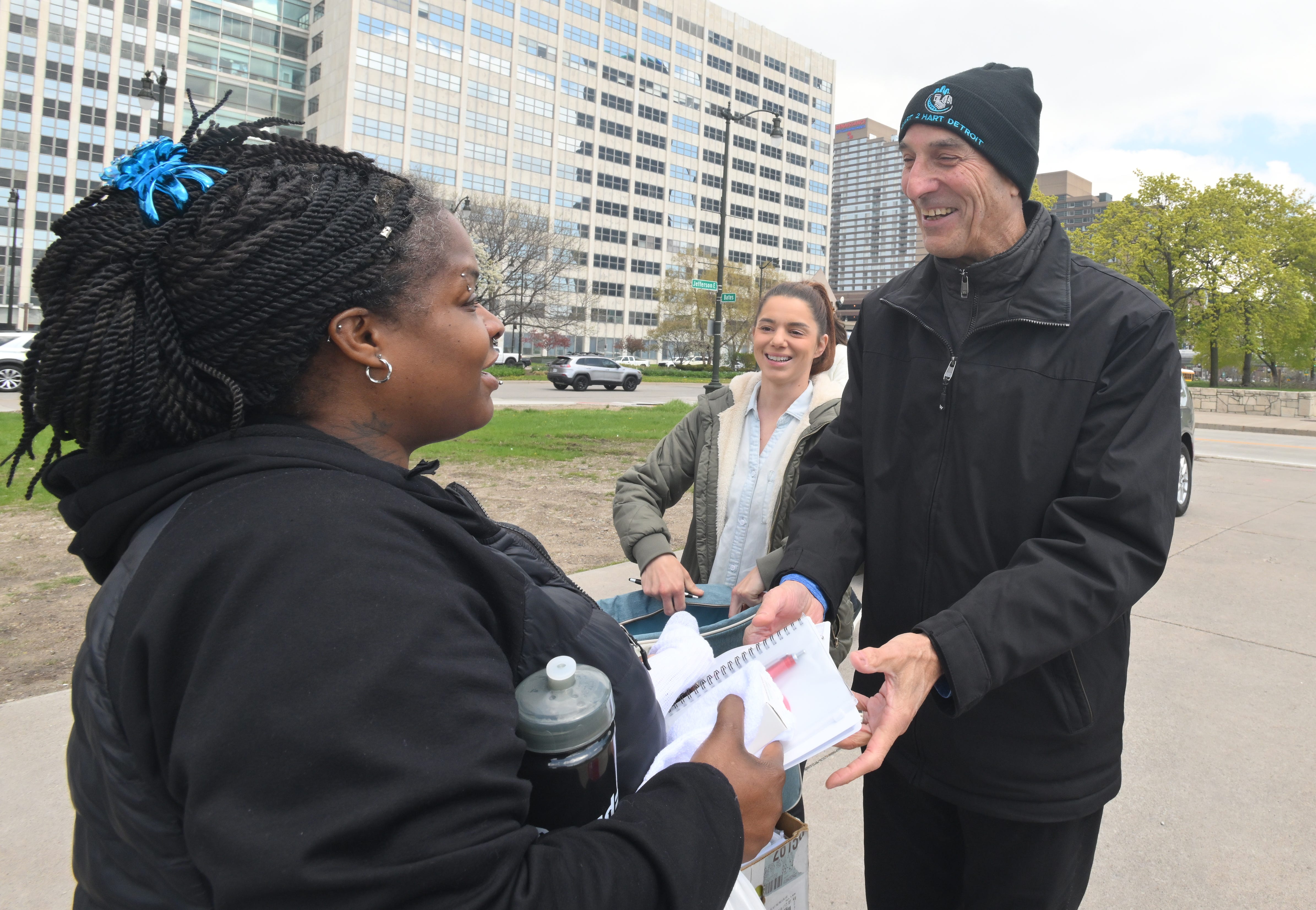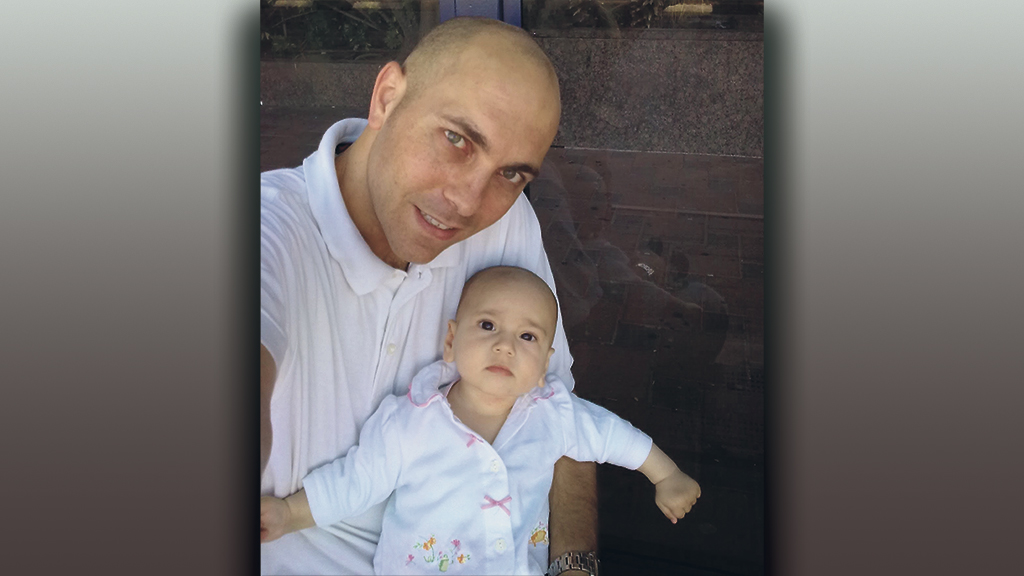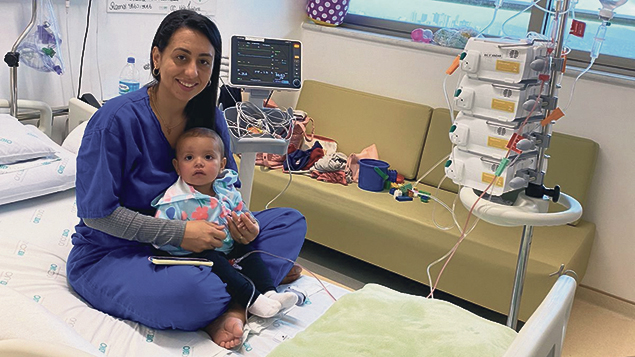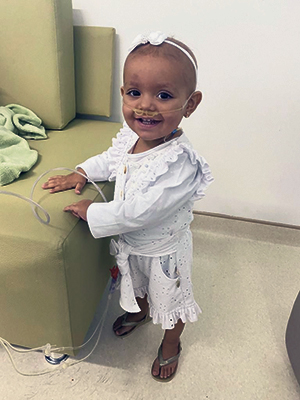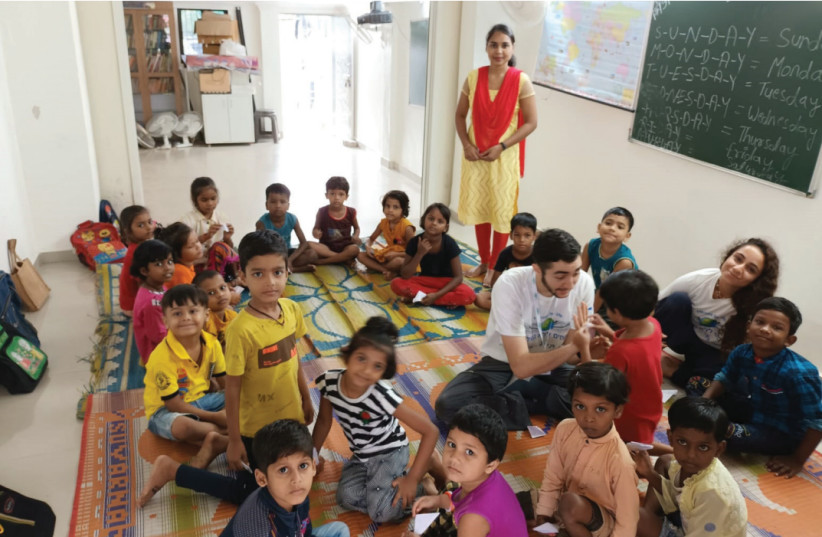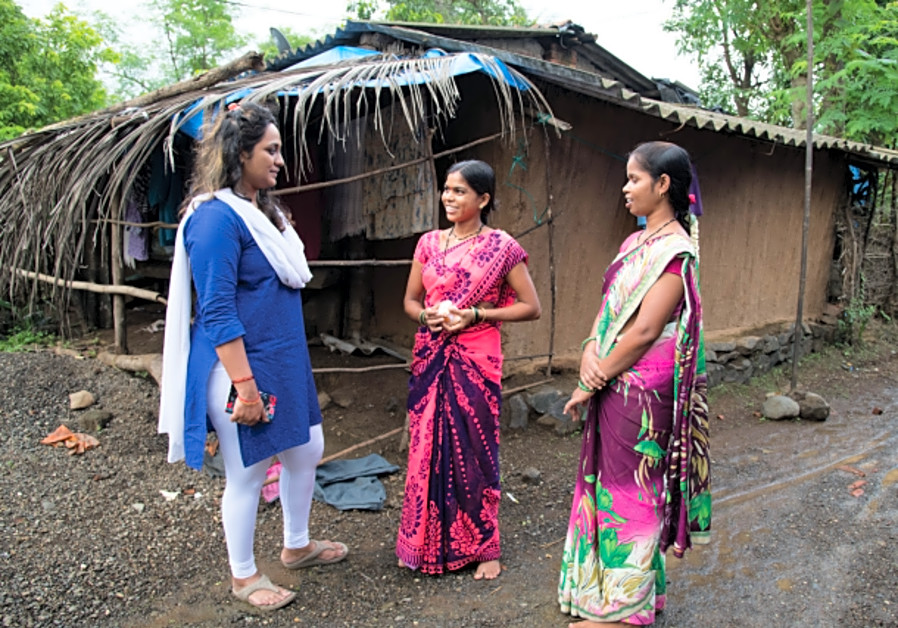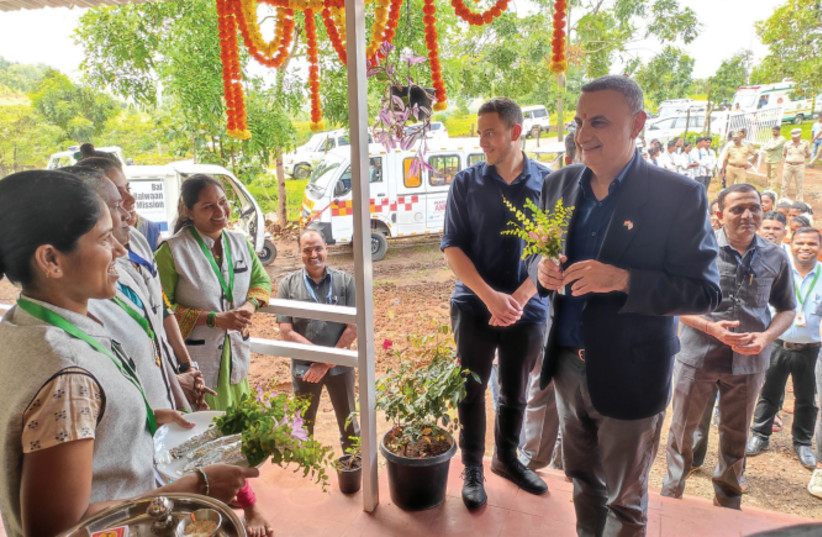
Fifteen years ago, Max Levitt was a freshman at Syracuse University who chose to major in sports management for one reason: It had the word “sports” in it. Students were told that the key to getting a post-college job in the sports industry was to work wherever they could in the sports industry. Levitt became a student assistant in the football team’s equipment room.
There, every August, the equipment staff would arrive before the players and begin the process of replacing the old with the new.
“We were literally taking millions of dollars’ worth of product — footballs, gloves, cleats, socks, everything you could possibly imagine — and we were literally throwing that stuff into dumpsters to clear out space,” Levitt said. “ … I was like: ‘This doesn’t make any sense. Why are we doing this?’ ”
On Wednesday night in Washington, Levitt will join all manner of friends, colleagues and donors to celebrate the 10-year anniversary of Leveling the Playing Field, the nonprofit he founded after college largely based on his experience there. Levitt figured there were food banks and diaper banks. There are centers where those in need could get donated furniture or clothes.

“Those types of organizations exist in every major market, even mid-markets, across the country,” Levitt said. “They’re really effective at what they do. And I thought, ‘Gosh, why can’t we do the same thing for the youth sports industry?’ ”
Levitt has done it and is doing it, and his organization is worth watching. The concept is simple: There is a growing and obvious inequity in the burgeoning world of youth sports, preventing underserved communities from opportunities. Addressing it takes vision and work. For the people who benefit, Leveling the Playing Field is making an immediate impact.
“I went to this warehouse, and they had this endless amount of different supplies,” said Brian Cross, a physical education teacher at Ida B. Wells Middle School in the District. “They had golf equipment, so I was like, ‘Ooh, I’m going to have a golfing unit.’ They had baseballs, softballs, gloves. ‘Ooh, I’m going to have a baseball and softball unit.’ They had tennis balls. ‘I’m going to create that.’
“I was like a kid in a candy store. With all this equipment, the kids were able to experience all sorts of different sports.”
To this point, Levitt said Leveling the Playing Field has distributed somewhere between $13 million and $14 million of equipment among 2,500 to 3,000 schools, rec programs and leagues. There are plans for much more.
But before exploring where the organization is going, it helps to understand where it started. Levitt grew up as a sports-obsessed kid in a Bethesda family with a charitable bent. Small acts of kindness were baked into his upbringing. His mother would make sandwiches, and they would take them to homeless people. That trains the mind to think a certain way.
So by the time Levitt was back home working summer internships — with Washington’s NFL team, with the minor league Bowie Baysox, with Montgomery County’s department of recreation — his experience at Syracuse had shown him excess, and his experience at home showed him inefficiency and need.
“I was always poking around the equipment side of these different jobs and noticed — whether it was youth sports at the elementary school level all the way up to college or professional or minor league baseball — there was just a huge amount of sports equipment that was either being thrown away or just sitting in sheds, garages or closets collecting dust,” he said. “At this point I was like: ‘Wow, there’s an opportunity here. There’s a huge kind of untapped potential here on the secondary market with sports equipment.’ ”
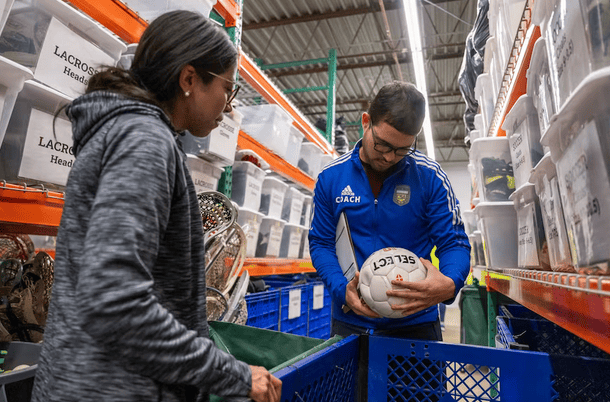
Levitt graduated from Syracuse in 2011 and took a job in sales, making cold calls. But to scratch his volunteering itch, he tapped into that sports equipment experience. After failing to land leftover goods from the major collegiate athletic programs locally, he realized, “This is a credibility issue.” To gain credibility, he needed to show some record of success. So he bought a dozen plastic bins, put some crude labeling on them and dropped them at churches and synagogues and the like.
“The amount of stuff that would come in from just these little tubs being put out at a church or community center was insane,” Levitt said.
Levitt began storing equipment in his parents’ basement. He started receiving emails from people wanting to donate, to volunteer, to collect equipment on their own. D.C. United invited him to run a collection drive at one of its games. Youth leagues reached out. Some drives were big enough that he had to rent trucks. The Bethesda basement was becoming too small. In two years, Levitt realized: “This is no longer feasible for me to do as a side project.”
It is no longer a side project. Leveling the Playing Field has an office in the District, fills a 5,500-square-foot warehouse in Silver Spring and has branched out to Baltimore and Philadelphia with openings coming in Buffalo and Columbus, Ohio. It has 14 full-time employees. This year alone, Levitt expects the operation to distribute $4 million worth of sports equipment.
“During covid, when the students were at home, they didn’t really have access to materials,” said Miriam Kenyon, the director of health and physical education for D.C. Public Schools. “That’s where Leveling the Playing Field really jumped in to provide additional support. … To be able to see the students doing stuff, even though it was virtual and in their own space, that was really, really good. It kind of circled back to exactly what their name is.”
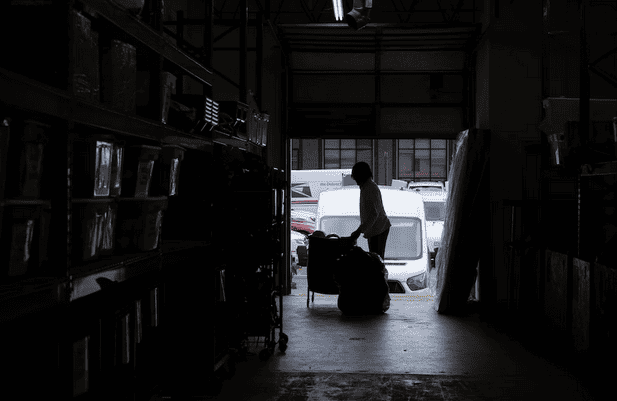
“The beautiful thing about it is: It’s instant,” said Cross, the P.E. teacher. “It’s not like I have to put in an order and wait.”
On Wednesday night at Hook Hall on Georgia Avenue NW, Levitt and his community will celebrate the first decade of making that impact with a gala. But 10 years in makes you think: What about 10 years from now?
“Best-case scenario, we’d like to be in every major city across the country,” Levitt said. “I would love to be in the South, the West Coast, the Midwest. Name any city that has a couple major sports teams, and I think we should be in every one of those.”
Levitt and his team are tackling an issue you might not realize is a problem until you think of it like he did. Considering how far they have come from a dozen tubs and an overstuffed basement in Montgomery County, don’t bet against them.

